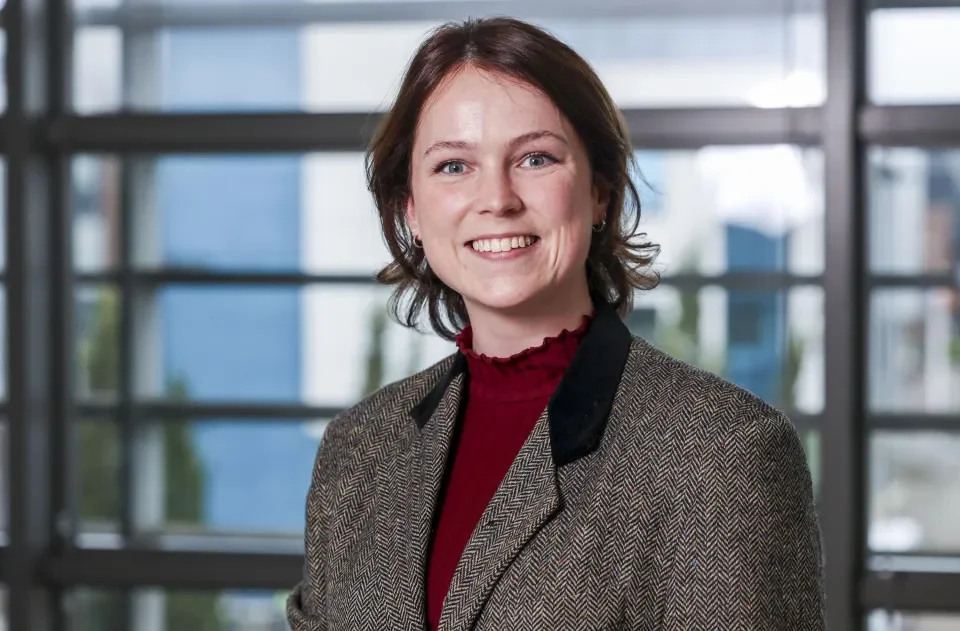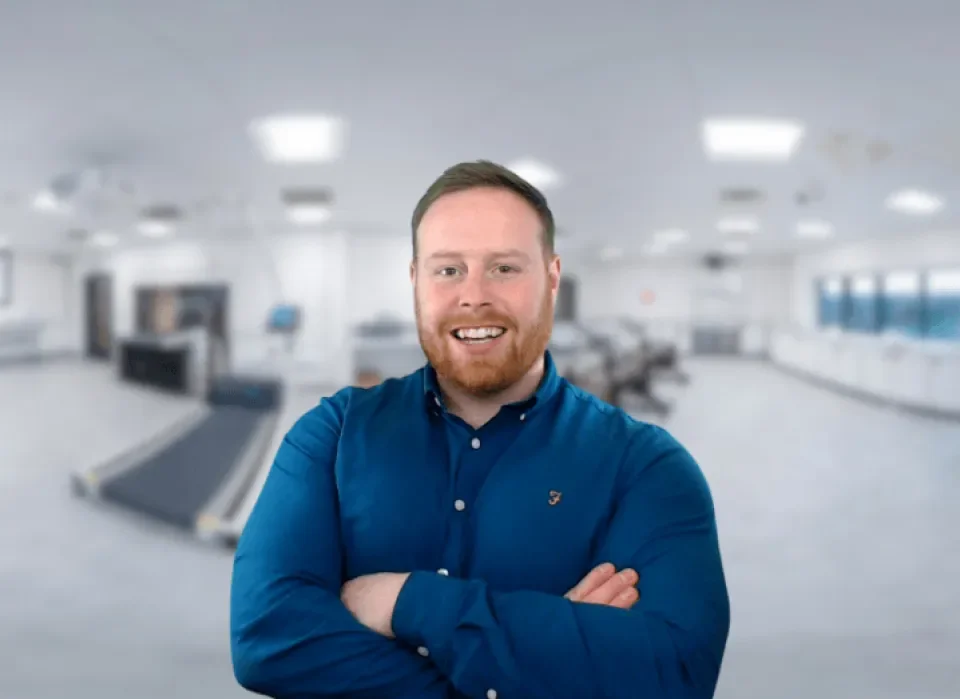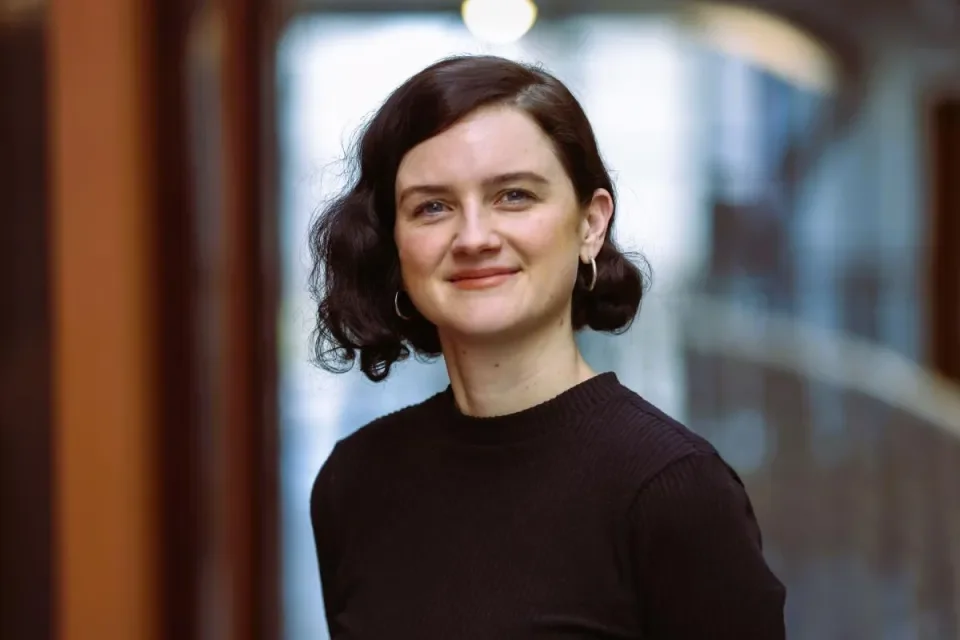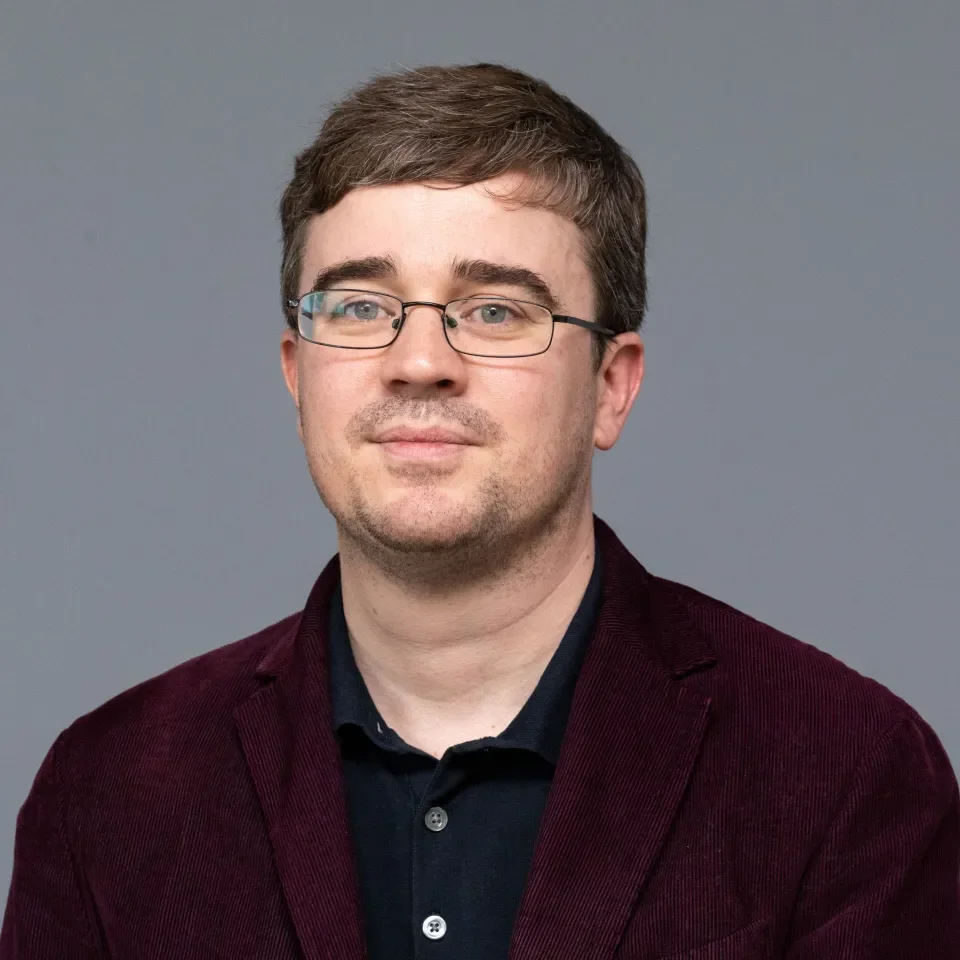
Research Newsletter - Issue 96: Spotlight
Summer Student Scholarships - Key building blocks to research skill development and future funding
September 2024
This year saw a huge success in the number of summer studentships awarded to DCU students and supervisors. In this program, undergraduates receive stipends that allow them to partner with principal investigators in a wide variety of disciplines to carry out short, focused research projects. This summer 10 projects received external funding from the Health Research Board (HRB) and Breakthrough Cancer Research.
These studentships represent a great opportunity for students to gain their first experience of research as a career, develop valuable skills, and place themselves in a favourable position to apply for postgraduate funding awards. The studentships are also great opportunities for supervisors to build their own funding track record and supervision experience and to develop research projects and ideas.
The feedback from awardees each year, both students and supervisors, has always been extremely positive, with both finding the experience enjoyable and rewarding.
This spotlight article takes a closer look at a selection of this year's projects.
Hand selection and its impact on rehabilitation

Dr Aoife Fitzpatrick supervised Owen Clancy
Dr Aoife Fitzpatrick (School of Psychology) supervised Psychology student Owen Glancy in a project examining hand selection, specifically the factors which determine which hand people choose to perform a task. The project was funded by the Health Research Board.
“There are certain well known contributors to hand selection, hand dominance being one of the strongest: a right-handed person will often preferentially select their right hand to perform a manual action, even when the environment would suggest that a left-handed action is more advantageous. In this project we aim to (covertly) increase left-hand selection in a sample of right-handed participants.” says Dr Fitzpatrick.
The project has links to rehabilitation science, and stroke rehabilitation in particular. Following a stroke, a survivor often persists in using their unaffected hand more than the affected. This reliance on the unaffected limb has knock-on consequences on the functional recovery of the other hand, and on the performance of many daily activities that underpin independence, socialisation, and communication. The data may contribute to rehabilitation interventions. During the studentship, Owen participated in developing a pilot study.
Vaccine decision-making
Second year Health & Society student Samantha Balanuta worked with Dr Paula Flanagan (School of Nursing, Psychotherapy and Community Health) on another Health Research Board funded project. The project set out to identify the barriers and facilitators of migrant parents’/caregivers'/guardians' decision-making in respect of childhood vaccinations.
Demographically, those identified most at risk of severe health consequences due to under-vaccination or no vaccination are immigrant and migrant children, those most marginalised and affected by conflict or forced migration. Disparities in vaccine-preventable diseases (VPDs) and vaccination coverage between migrants and host populations have been reported globally. This mixed methods systematic review (MMSR) the team set out to develop would inform policy and increase migrant, refugee, and displaced childhood vaccination uptake rates in order to reduce the burden of disease.
AI risks in healthcare
In the third of the Health Research Board funded projects, second year computing student Marija Siddik teamed up with Dr Harshvardhan Pandit (School of Computing). Their research project focused on exploring the risks and harms of AI, with a particular focus on healthcare applications. More specifically, Marija looked into how current AI developments have various risks, such as for bias. Marija looked at how to address that at an early stage of development through specific methods that can support early detection and informed communication. This work will explore how known risks and harms during development can be addressed later when applying or using AI in healthcare settings.
Healthcare access and outcomes
In collaboration with Ellie Cunnane, a second year Psychology student, Dr Emma Delemere (School of Psyhology) explored barriers and facilitators of health-seeking behaviours experienced by Ukrainian refugees in Ireland, with a focus on mental health. The project, funded by the Health Research Board, involved interviews with healthcare providers and stakeholders working in this area. The team looked at the impact of language, service navigation and cultural factors on healthcare access and outcomes. Through this, they hoped to shed some light on the challenges faced by refugees when seeking healthcare support in Ireland, in order for supports to be developed.
Physical activity and antidepressant use

Dr David Nolan supervised two funded students
Sean Martin, a second year student in Sport Science and Health, also received funding from the Health Research Board, to undertake a project co-supervised by Dr Mika Mannien and Dr David Nolan (both from the School of Health & Human Performance).
The project involved two distinct elements. The first of these involved systematically reviewing literature and quantitatively synthesizing relevant statistics on physical activity and antidepressant use.
In addition to learning systematic literature review and search, research design, research reporting and how to structure studies to answer specific questions effectively, Sean also gained the experience of recruiting test subjects for a study on the BRONCO aerobic running test, which is used in a wide range of professional sports.
There were an additional three projects to receive funding from the Health Research Board. Dr David Nolan also co-supervised another project with Dr Nathan Gavigan (School of Health and Human Performance) involving student Chloe Molloy Walsh. The project focused on assessing the prevalence of chronic malnutrition and sarcopenia in older adults in Ireland. Nursing student Thando Ngenwya teamed up with Dr Sinead Foran (School of Nursing, Psychotherapy and Community Health) for their project, which focused on Health Literacy among intellectual disability nursing students.

Dr Aine Travers co-supervised Rachel O'Keefe
Dr Aine Travers and Dr Lisa Fitzgerald (both School of Psychology) supervised Psychology student Rachel O’Keefe in a project consisting of a literature review investigating collective trauma in the Irish Traveller community.

Dr Simon Dunne supervised Adam Daly
There were also two summer studentship projects funded by Breakthrough Cancer Research. Psychology student Adam Daly teamed up with Dr Simon Dunne (School of Psychology) to work on a project entitled "Information and communication needs in lung cancer: A qualitative analysis of survivors’, caregivers’ and healthcare professionals’ perspectives." Alex Neuroth worked with Dr Lorraine Boran (also School of Psychology) on their project "Peri-Operative Exercise and Nutrition Optimisation (PANO) Trial in Peritoneal Malignancy: Physical Activity and Nutrition Enhancement."
The diverse research topics taken up by these undergraduate students this summer as part of these projects reflects the strong research culture and expertise at Dublin City University.
Many funders run summer studentship schemes, with calls often launched towards the end of the year, for the following summer. We would encourage academics and students alike to keep an eye out for these and consider applying. They are usually easy to apply to and the benefits are multiple for both students and supervisors.
For further information, contact your faculty Research Development Officer; check out the Research Professional funding opportunity database; and keep an eye on the websites of funders of interest. We'll also highlight some opportunities in future Research Newsletters as they are launched.
